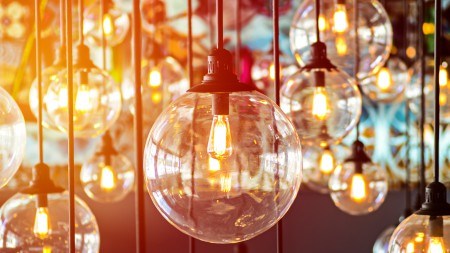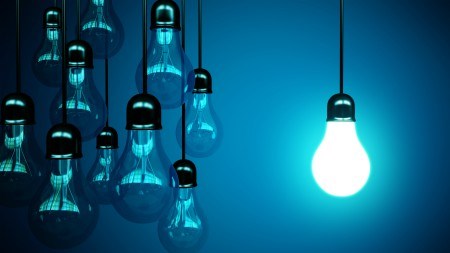How to develop an energy-conscious mindset to do your part in minimising load shedding.
According to Eskom’s website, South Africa produces 34 000 megawatts of electricity to meet current demands. To put this into perspective, 1 megawatt can supply around 650 average homes with electricity. Yet, despite this, South African households have been experiencing load shedding due to a lack of capacity and too much pressure on the grid. Though citizens did not create the problem, they can be part of the solution by reducing their electricity consumption to alleviate pressure on the national grid.
“Nobody looks forward to load shedding. Until Eskom finds effective solutions to generate a stable supply of electricity, homeowners could find ways to reduce their electricity consumption, which would take much-needed pressure off the grid to help minimise the occurrence of load shedding,” advises Adrian Goslett, Regional Director and CEO of RE/MAX of Southern Africa.
Considering how dependent our households and businesses are on electricity, trying to reduce our consumption may seem challenging. However, there are a few simple, energy-saving habits homeowners can try. “These may have a minimal effect on an individual level, but if all households practiced these same habits, it would significantly lower the amount of electricity required to keep our nation up and running,” says Goslett.
A good place to start would be to change all light bulbs from the regular incandescent bulbs to LED lights, as these use between 75% – 90% less electricity. Additionally, homeowners should remember to turn off lights when they are not necessary. “It’s about adopting an energy-conscious mindset. For example, if it’s the middle of the day and the room is dark, open the curtains or blinds instead of turning on the lights. This small change of habit could make a big difference when regularly applied to how we consume electricity in general,” says Goslett.
In the same line of thought, many appliances (including the tv, computer, microwave, printers, and scanners) use standby power which means that even if the appliance is not in use or is turned off, it still consumes electricity. Turning off each switch by the wall will lower electricity consumption. To minimise the hassle of this task, plug nearby appliances into one power strip (extension cable, with multiple sockets). This way, there’s only one socket you need to turn off at the wall rather than many.
It is also incredibly important that homeowners get into the habit of managing their geysers. The geyser should be heated ideally between 55°C - 60°C as this is the optimal temperature to ensure hot water in the most energy-efficient way. Most people simply leave their geysers on to have access to hot water at any given time of the day. However, a great way to reduce your electricity consumption would be to have a set schedule for the geyser or to set your geyser to an automatic timer. Homeowners are also encouraged to invest in good insulation for their geysers to help maintain the heat during the times that it is switched off.
Laundry is another routine exercise that can be conducted in a more energy efficient way if managed correctly. It is advisable to do a full load of washing rather than to wash little bits every day. Where possible, try to do more cold-water washes and use the shortest cycle available and hang laundry out rather than using a tumble dryer, as this will significantly lower electricity consumption. The washing machine itself also influences power usage. The most efficient kind of washing machine is a front loader which will not only save you power but water as well.
As a final piece of advice, homeowners could lessen their reliance on heating and cooling appliances if they invest in proper roof and ceiling insulation. By insulating the roof and ceiling in your home, you will be able to maintain an extra 5°C in winter and your home will be 10°C cooler in summer.
“We all need to come together and make a concerted effort to reduce our electricity usage. Not only will this help minimise load shedding, which would greatly benefit us all, but it will also help households live in a more environmentally responsible way, which is a goal towards which we should all strive,” Goslett concludes.



